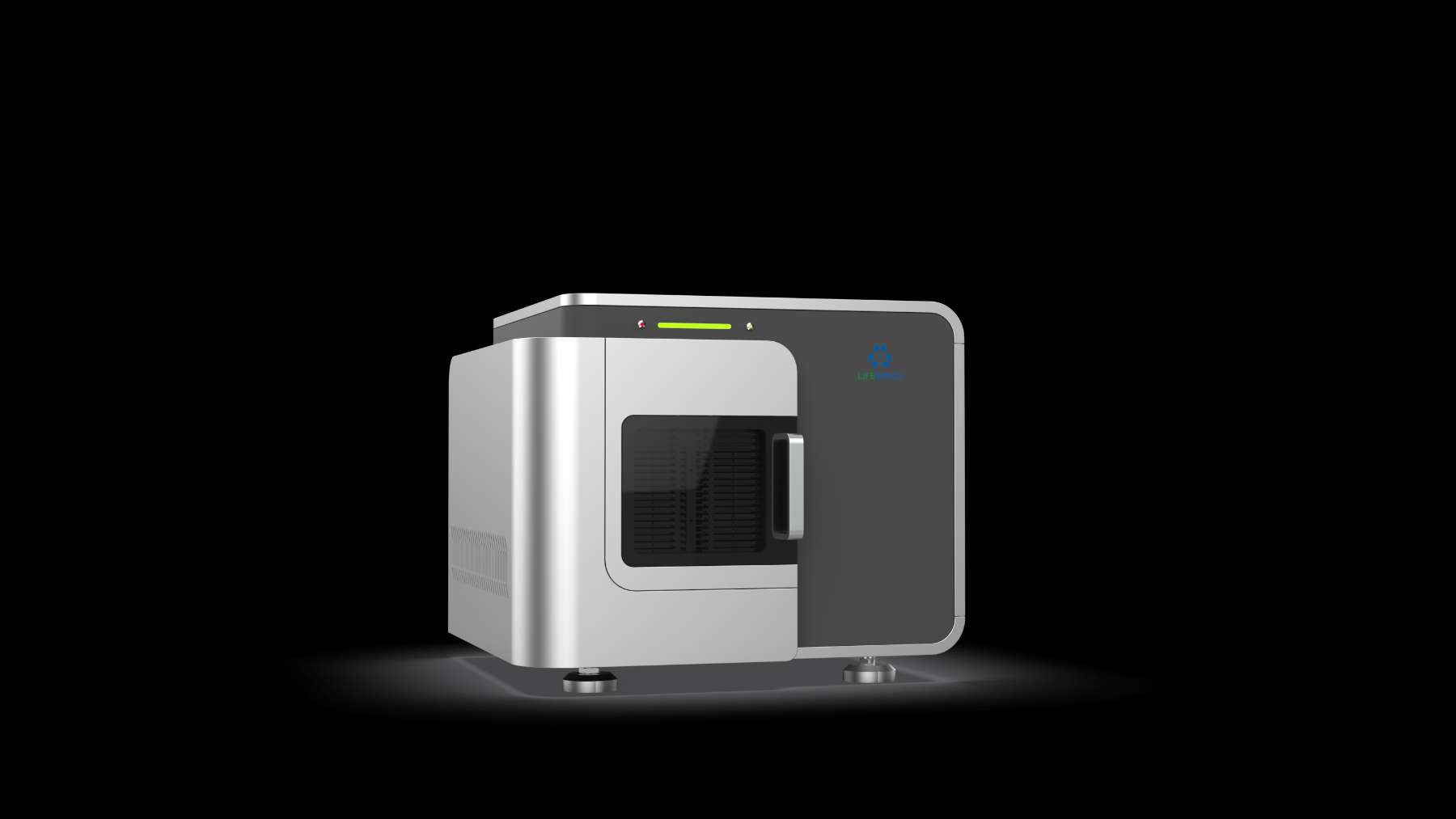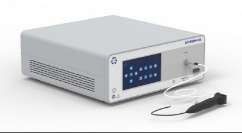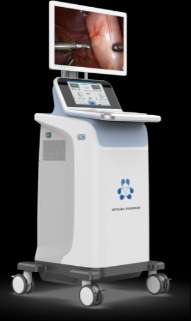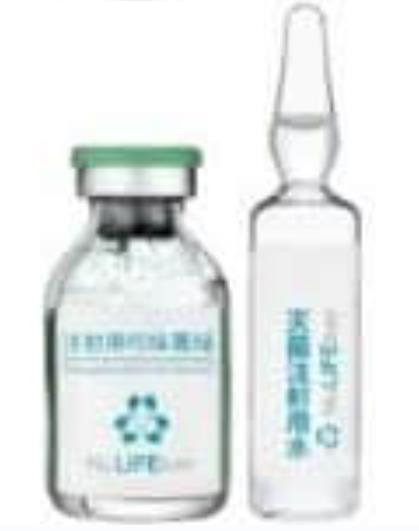Healthcare providers constantly strive to provide the highest quality care for their patients. Medical devices are an important tool for achieving this goal. Here are five reasons why medical devices are essential for improving patient care:
1. Accurate Diagnosis
Medical devices allow healthcare professionals to accurately diagnose, monitor, and treat patients. These devices allow access to detailed data and can provide early detection of health problems. With access to accurate information, healthcare providers can create comprehensive treatment plans and reduce the risk of misdiagnoses.
2. Faster Treatment
Medical devices help healthcare professionals manage complex treatments quickly and effectively. By utilizing technology such as digital imaging, healthcare providers can quickly identify and treat medical issues without delaying the patient’s care.
3. Improved Quality of Care
Medical devices have allowed healthcare professionals to deliver higher quality care. With access to accurate and detailed information, healthcare providers are able to create better treatment plans. As a result, patients can expect better outcomes and improved care.
4. Better Communication
Medical devices help healthcare providers improve their ability to communicate with each other and with patients. With access to information in real-time, healthcare providers can more effectively collaborate on decisions.
5. Cost Savings
Medical devices can lead to cost savings for both patients and healthcare providers. Many medical devices are designed to reduce the need for repeat treatments, helping to lower healthcare costs. Additionally, some medical devices can reduce the need for expensive hospital stays, saving both patients and healthcare providers money.
In conclusion, medical devices are essential for delivering high quality healthcare and improving patient outcomes. By providing accurate information, improving communication, and reducing costs, medical devices play a crucial role in helping healthcare providers provide the best care to their patients.




